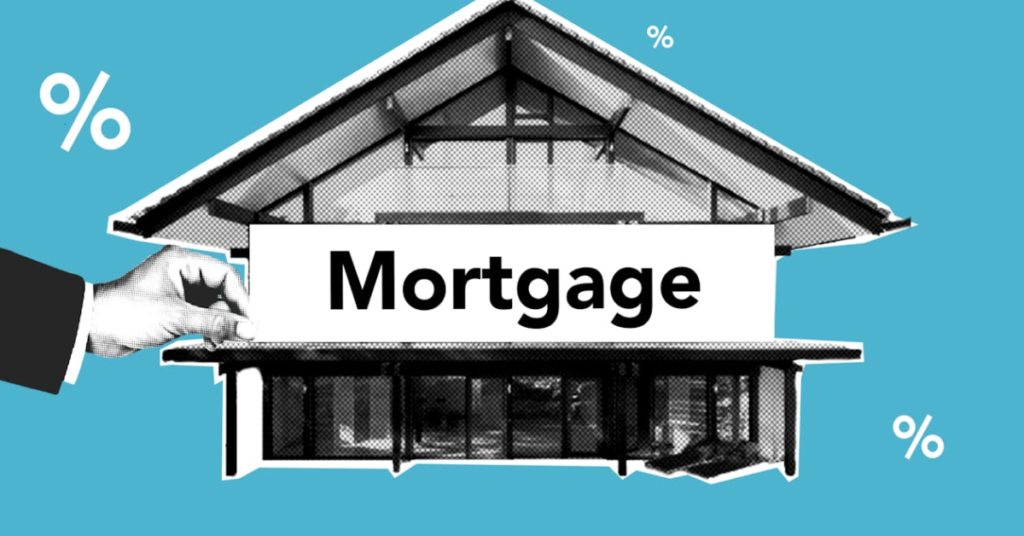Countless individuals in the U.S. aspire to create financial prosperity through real estate, but often believe they require a significant amount of money to begin. However, the reality is that with the proper strategies and insights, it’s possible to start investing in real estate even with a modest budget. This detailed guide will explore various methods to help you navigate the real estate market without depleting your financial resources.
Low-Cost Real Estate Investment Strategies

You don’t have to possess a significant amount of savings to begin investing in real estate. There are various strategies available that cater to those who may not have deep pockets. A common strategy is known as house hacking, where individuals reside in a multi-unit property while leasing out the remaining units. Another strategy is wholesaling, where you find properties that are in distress, put them under contract, and then sell that contract to another investor. Additionally, Real Estate Investment Trusts (REITs) present another accessible path, allowing individuals to invest in real estate for as little as $100 by purchasing shares in publicly traded companies that manage income-generating properties.
Creative Financing Options for Budget Investors

Traditional mortgages aren’t your only financing option. Owner financing arrangements allow you to negotiate payment terms directly with the seller, often with lower down payments than conventional loans. Lease options give you the right to purchase a property after leasing it for a specified period, during which a portion of your rent may apply toward the purchase price. Hard money lenders, while charging higher interest rates, can provide quick funding with less stringent qualification requirements. Additionally, consider partnering with other investors to pool resources and share both the risks and rewards of larger investment opportunities.
Affordable Investment Opportunities: FHA and VA Loan facility

Federal Housing Administration (FHA) loans require as little as 3.5% down and allow you to purchase multi-unit properties (up to four units) as your primary residence. This means you can live in one unit while renting out the others, significantly reducing your personal housing costs. Veterans have the opportunity to utilize VA loans that allow for multi-unit investments without the need for a down payment. Both loan types offer competitive interest rates and more flexible credit requirements than conventional mortgages, making them excellent tools for budget-conscious real estate investors.
House Hacking: Living While You Invest

By acquiring a multi-unit property, such as a duplex, triplex, or fourplex, and utilizing an FHA loan, you can occupy one of the units while renting out the others. This strategy offers the potential to greatly decrease or completely remove your mortgage payments, allowing you to live without the financial burden of housing expenses while also increasing your equity in the home. Many successful investors have begun their journeys this way, leveraging the income and equity gained from their house hack to fund future investments. It’s crucial to search for properties in areas with strong rental demand, ensuring that the income generated covers your overall expenses.
Real Estate Profiting Without Ownership

Real estate wholesaling enables you to earn profits from property deals without the need to buy the properties yourself. As a wholesaler, you identify distressed properties, negotiate purchase contracts with sellers at below-market prices, then assign these contracts to other investors for a fee typically ranging from $5,000 to $15,000. This strategy requires strong networking skills, market knowledge, and the ability to quickly analyze deals. While it doesn’t build long-term wealth through property appreciation, wholesaling can generate immediate income that you can reinvest into other real estate opportunities.
Building Your Real Estate Investment Team

Successful budget investing requires surrounding yourself with knowledgeable professionals who understand your financial constraints. An experienced real estate agent who specializes in investment properties can assist you in discovering opportunities that fit your financial goals. A reliable contractor is essential for accurately estimating repair costs on potential investments. Don’t forget about a qualified accountant who can help you maximize tax benefits and structure your investments for optimal financial outcomes.
Market Research and Deal Analysis on a Shoestring

Conducting effective market research doesn’t have to come with a hefty price tag. Online platforms such as Zillow, Realtor.com, and local Multiple Listing Services (MLS) can offer invaluable data on comparable sales. Taking a drive through neighborhoods that interest you can provide insight into their condition and the demand for rentals in the area. Engaging with local property managers is also beneficial, as they can share information about rental prices and vacancy rates. Many successful investors began with basic analysis methods and gradually upgraded to more advanced software as their portfolios expanded.
Long-Term Wealth Building Strategies

Investing in real estate on a budget requires a strategic, long-term mindset. Begin by acquiring a single property and concentrating on unlocking its full potential. It’s wise to reinvest the income you generate from rent and any tax benefits into your next venture instead of using those funds for personal expenses. As your equity and cash flow build over time, you’ll create more opportunities for future investments, such as making cash offers on undervalued properties or exploring markets with greater value. With perseverance and a thoughtful strategy, even a small initial investment can lead to a diverse real estate portfolio that offers financial independence for many years ahead.
Conclusion

Breaking into real estate investing doesn’t require a trust fund or a six-figure savings account. Whether you choose house hacking with an FHA loan or dive into wholesaling, there’s a budget-friendly path that fits your financial situation and investment goals. The important thing is to begin with your current resources instead of holding out for an ideal moment or the perfect amount of investment. By implementing these strategies and maintaining a long-term perspective, you’re not just investing in properties – you’re investing in your financial future and building the foundation for generational wealth.
